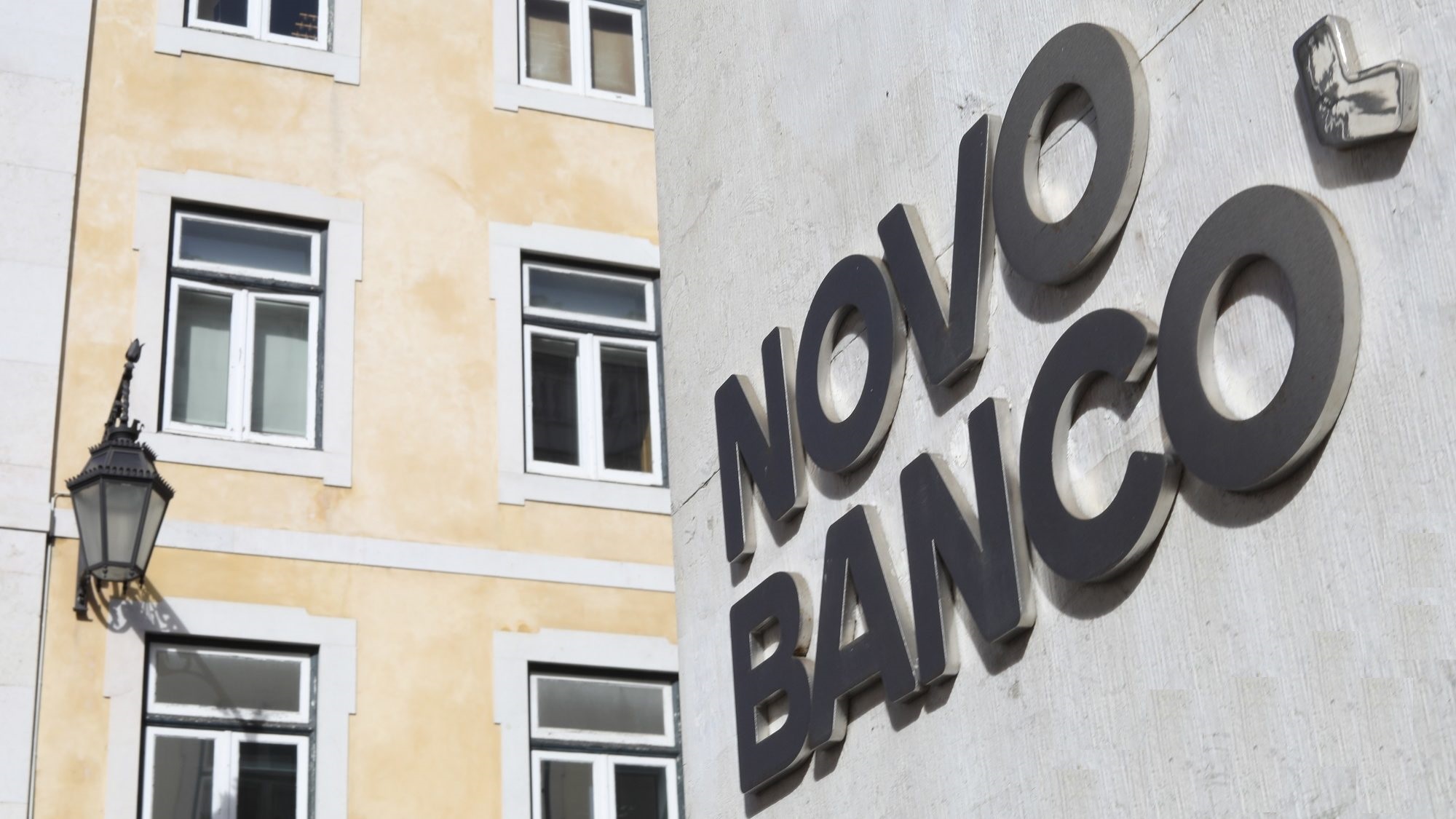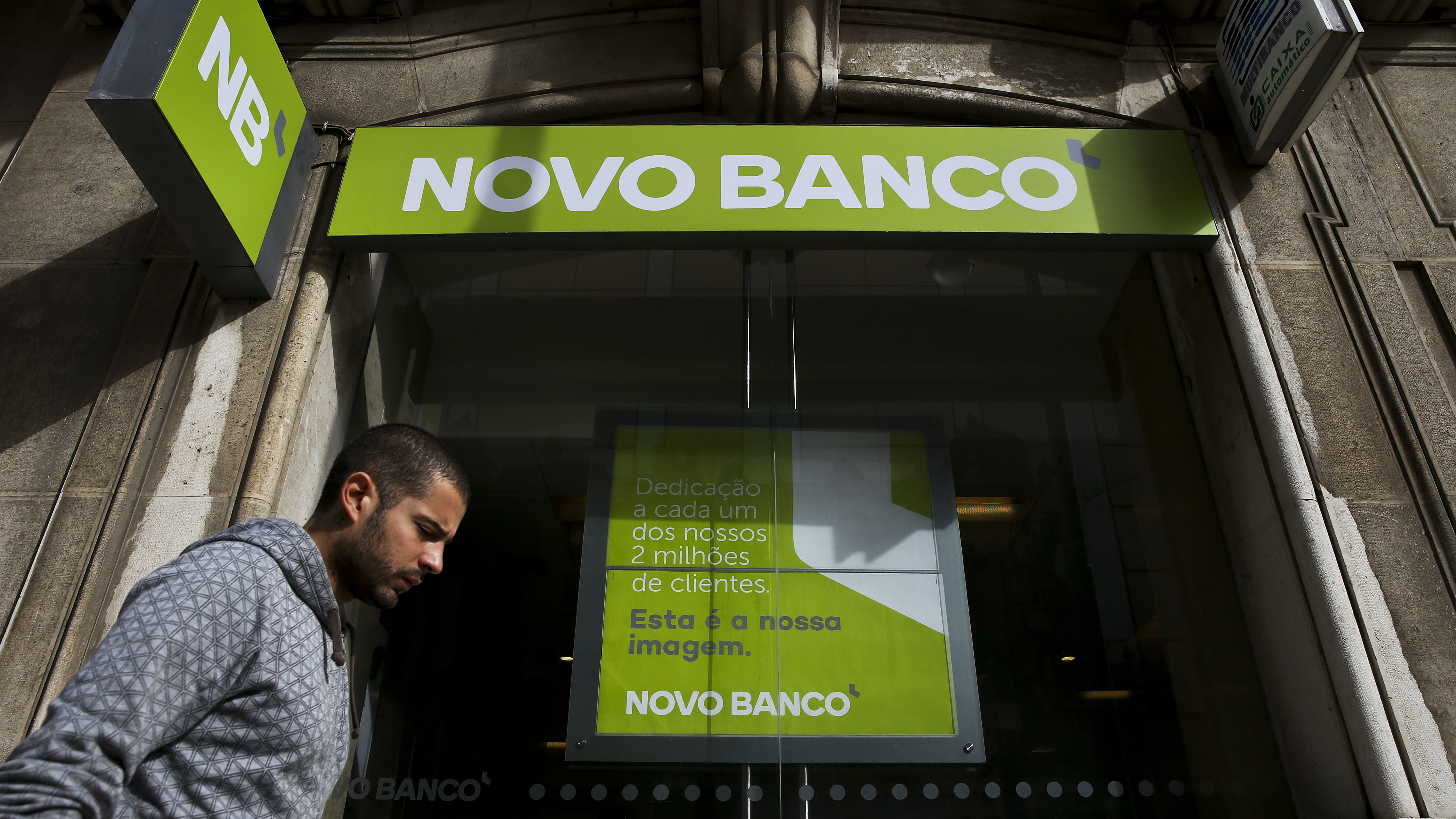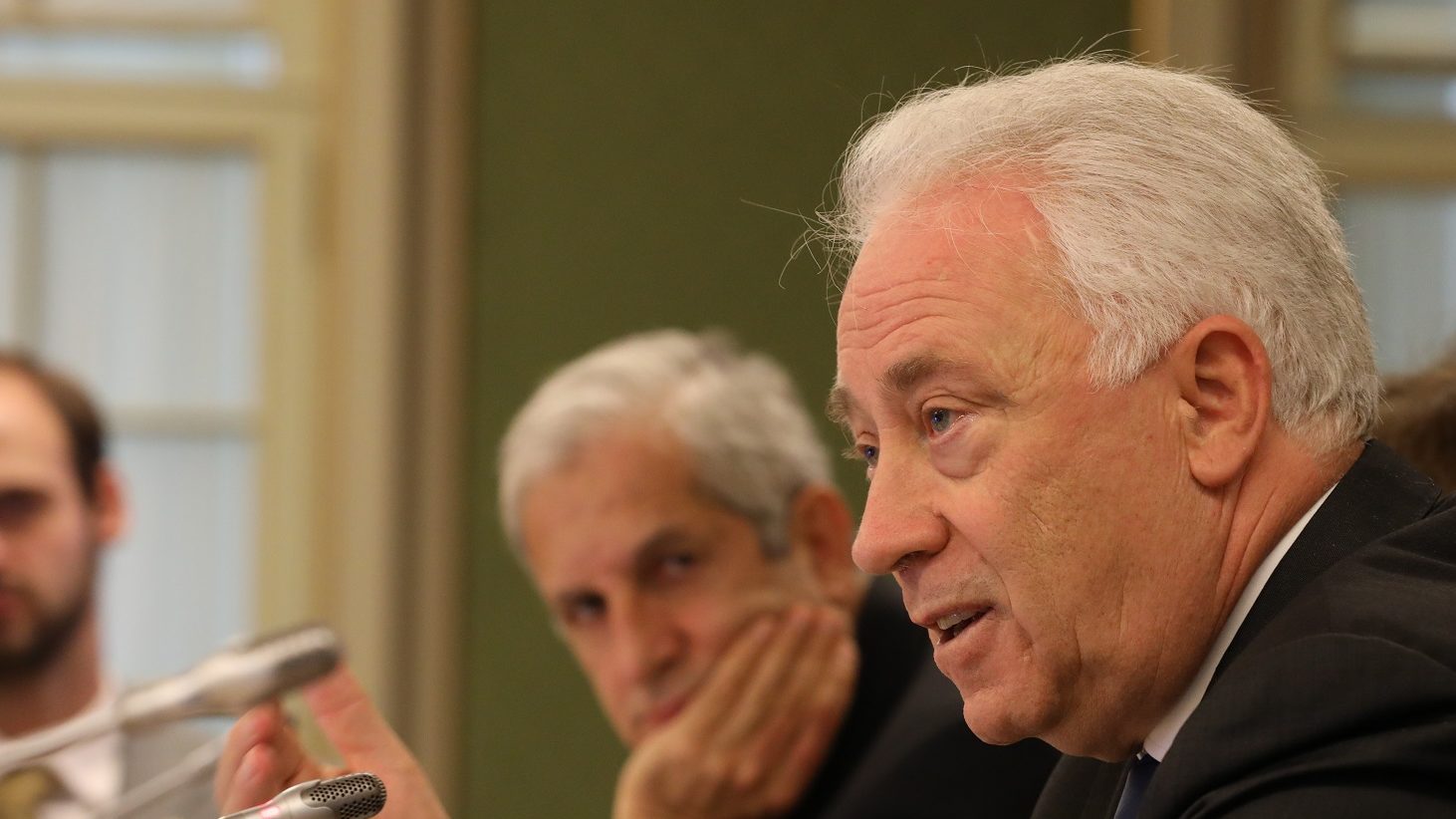The agreement with Brussels prevents the Resolution Fund from helping Novo Banco
The agreement the European Commission signed for the resolution of BES, in August 2014, prevents the Resolution Fund from making a capital injection in the transition bank.
The agreement the European Commission signed the Portuguese Government for the resolution of BES explicitly prevents the Resolution Fund to reinforce capital in the transition bank recently created — that is to say, Novo Banco. What this means is that if the Resolution Fund ends up having 25% equity on Novo Banco it will not be able to take part in capital increases (unless the agreement is changed).
"Furthermore, no additional capital injection can be provided to the Bridge Bank in the future.”
On August 3, 2014, the European Directorate General for Competition (DGComp) approved the Bank of Portugal’s resolution measure on BES. In their assessment of that measure, the EC left in writing three very relevant points, concerning the solution being presented for Novo Banco.
Firstly, the Commission makes clear that the “purpose of the Resolution Fund is to provide financial assistance to the application of resolution measures adopted by the Bank of Portugal”. Secondly, the EC emphasizes that “even though the Resolution Fund is financed by participating credit institutions and investment companies, its financing has a public nature as the Resolution Fund is completely under public control“. Therefore, “the Commission observes that all funds from the Resolution Fund are attributable to the State”. And thirdly, the EC clarifies that “no additional capital injection can be provided to the Bridge Bank in the future”.
This means it was clear for the European Commission that the capital injection made by the Resolution Fund in Novo Banco would be authorized merely as a way to implement a banking resolution measure.
"Portugal will not provide any additional capital or liquidity support to the Bank [BES], the Bridge Bank and / or the Bad Bank. ”
Accordingly, within this agreement, the Portuguese Government committed to provide no further capital or liquidity aid to BES, the transition bank or the bad bank. This commitment, enclosed on the EC’s document, was signed by Maria Luís de Albuquerque, former Finance Minister: “Portugal will not provide any additional capital or liquidity support to the Bank [BES], the bridge bank and/or the bad bank”.
Since the Resolution Fund capital is always considered public, any use of it in the financing system could collide with the Competition rules and be considered State aid. Therefore, either the initial agreement is changed, or the Resolution Fund will not be able to participate in capital increases, which dilutes its position.




